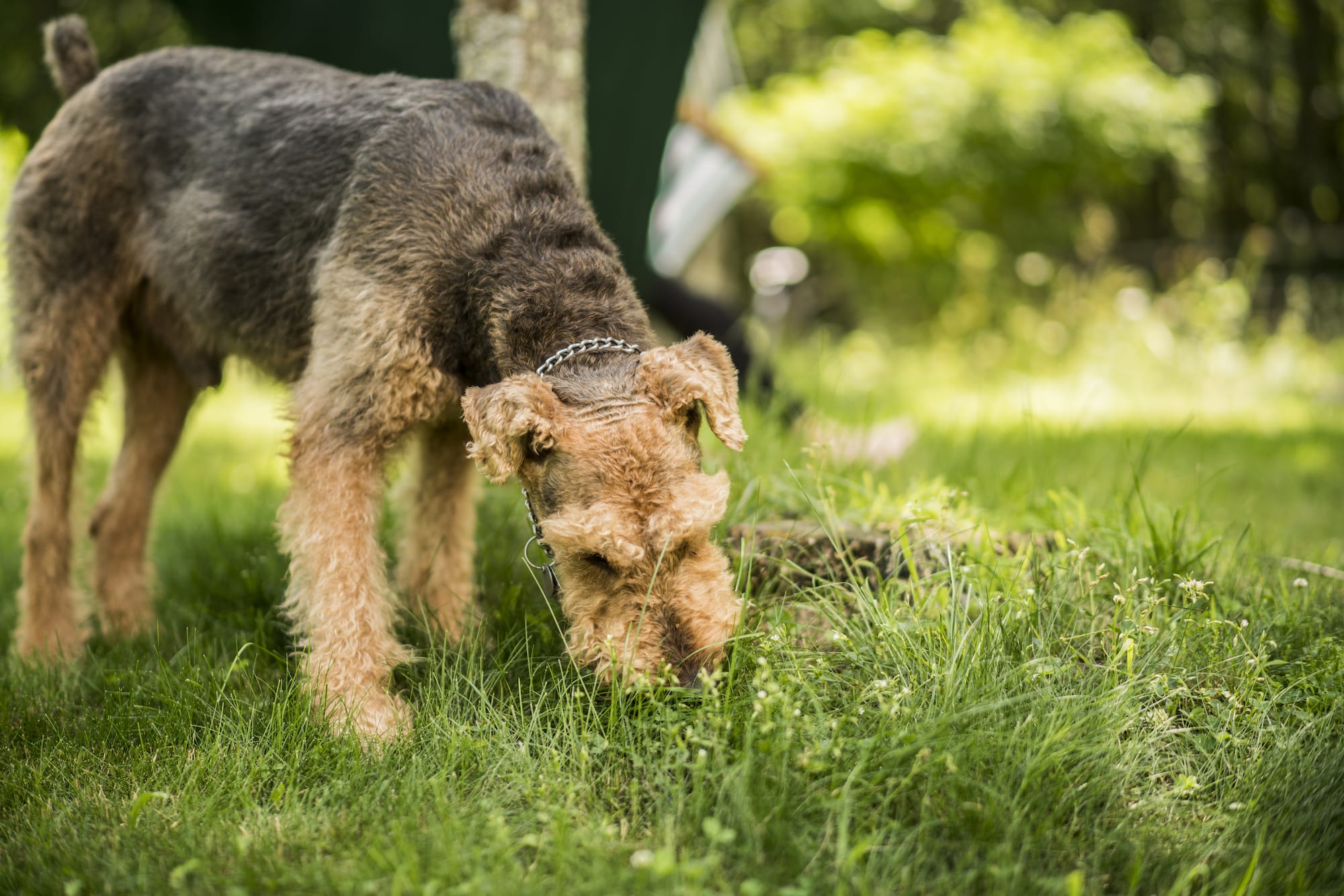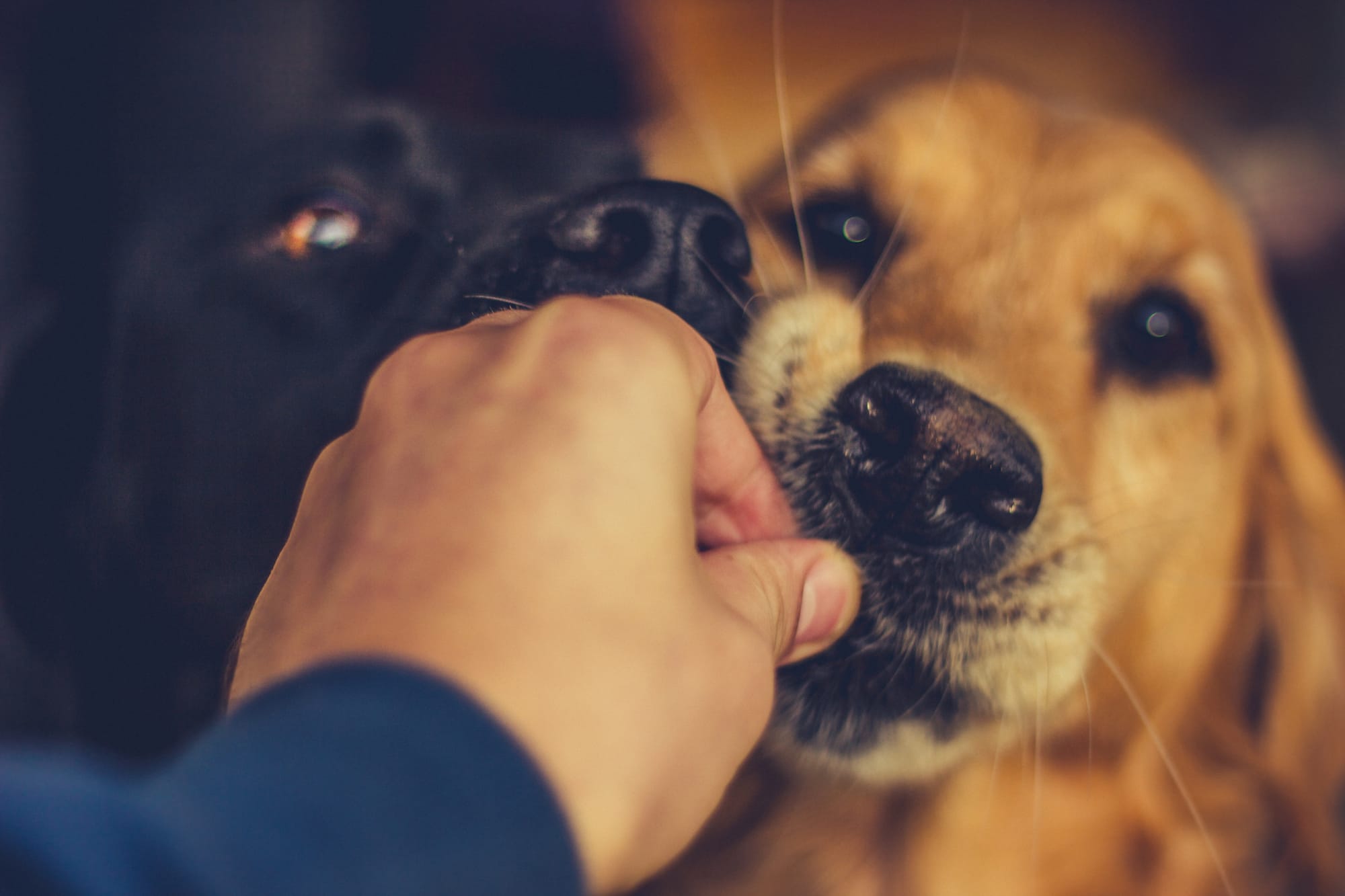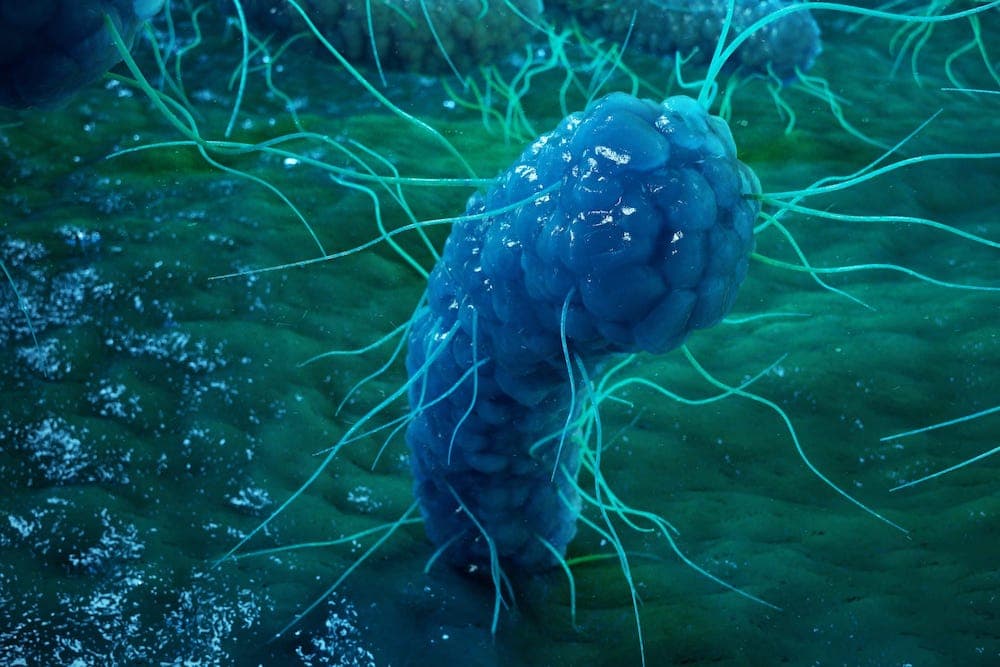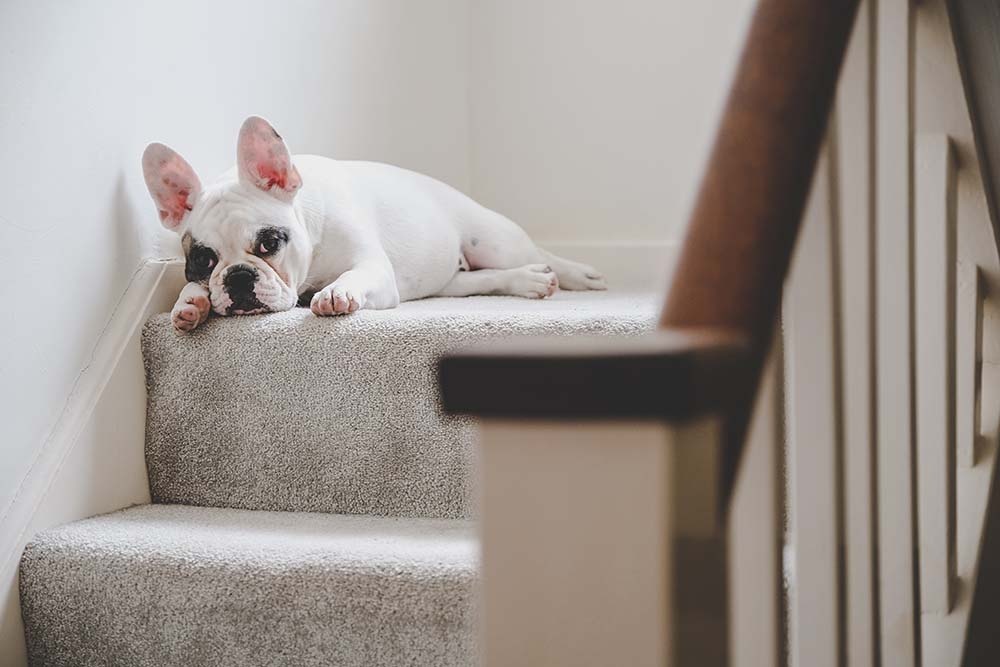Learn : Health & Wellness
Changes In Dog's Poop Color And Consistency
Changes in dog's poop color
People may also notice that when changing to fresh foods there is a change in the color of the stool. This is perfectly normal and not something to be alarmed at. Some of the unique compounds within the carbohydrates that give them color may also occasionally color the stool. In addition, if the stool becomes a darker shade of, say, orange or yellow, that can be related to certain compounds that help facilitate digestion that changing and adapting. Therefore, the color of the stool typically is not really significant as a marker of overall response to the diet or something to be alarmed about.
In addition, there may be times where animals are very active. If they get very active, their digestive tract may also move a bit faster. There are some dogs that pet parents will be very familiar with: they go out and play, and they may have loose stool. So that may result in occasionally seeing some undigested vegetable material within the stool itself.
This is not problematic and is accounted for within the diet. There are still plenty of nutrients in there. Again, not something that one would expect to be alarming and nothing that really prompts any concern unless you are seeing the bulk of the diet like it is being completely undigested. That would certainly be a sign, as there may be an underlying medical disorder that you should talk to your veterinarian about.
Changes in dog's poop consistency
Changes in stool consistency are normal in dogs that are being fed fresh diets and really anytime they are given dietary variety. Understandably, people get very worried when the stool changes. Maybe their dog has to go to the bathroom more frequently. Maybe the stool is softer than typical. During the transition to a fresh diet, these changes are certainly expected.
Again, the bacteria are what changing as well as the of nutrients in different parts of the intestinal tract, so when issues affect the top part of the digestive tract (the small intestine), we commonly see that dogs may have looser stool, but they are going to the bathroom the same amount of time throughout the day. On the other hand, where the bacteria are, especially during a transition, pet parents may find that when the bacteria are adapting, there is a change in the frequency of elimination, so dogs may have to go out frequently.
They may be straining a little bit to defecate. This by itself in the short term, especially when changing a diet, is not something for immediate concern. The things that should prompt you to talk to your veterinarian and make contact with them is certainly if your animal seems to be lethargic or has behavioral changes. He might be less likely to go out and play, somewhat reserved about his normal activity, not excited about eating, especially if they were before.
All of those things would prompt you to think that this may be more severe than just a food-associated change in stool quality. However, a simple episode where there are a few instances of softer stool can be perfectly normal on these diets and related to the unique flora of bacteria within your dog’s gut, which again is very individualized, just like the recipes that are prepared.
Other dogs will, on a fresh diet, especially those diets that are lower in fiber, have harder or firmer stool and also go outside less often, and this is because they have become uniquely adapted to digesting the bulk of these fresh nutrients. It is again not something that should prompt any concern and probably not related to constipation itself. For an animal to truly be constipated, it is usually not the diet that is the problem.
There is typically some underlying medical condition, so if you know your animal has a medical condition, there is a change in stool, and you are concerned about it or they are showing any of these signs, then certainly that is the time where you should contact your vet and find out if they have specific recommendations for what to do in addition to diet.
Again, dietary changes result in stool change and even in stool variability. The advantage to a natural diet is you can see those ingredients and their source very carefully, but there is some inherent variation in the diet itself, even though all the diets will be complete and balanced for your dog’s maximum health and wellness. So minor stool changes: not a problem, but any behavioral changes or stool changes: certainly talk to your veterinarian about the possibility of an underlying disease or disorder that should result in medical treatment.


 Why Do Dogs Eat Their Poop?
Why Do Dogs Eat Their Poop?
 Ways to Help My Resource Guarding Dog at Mealtime
Ways to Help My Resource Guarding Dog at Mealtime
 Microbes in the Gut
Microbes in the Gut
 Dog Vomiting – What to Know if Dog Keeps Throwing Up | Nom Nom
Dog Vomiting – What to Know if Dog Keeps Throwing Up | Nom Nom